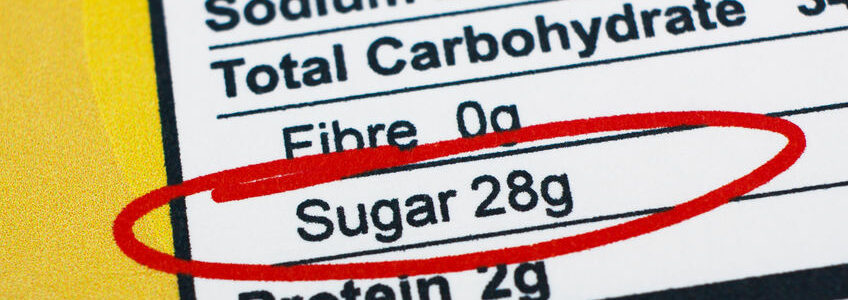Staying Compliant with Updated Food Labeling Laws

As bakers, our main roles are to produce delicious breads, pastries, and confections. However, ensuring that we adhere to food labeling laws is just as important as perfecting that flaky croissant. Recent updates from the FDA, outlined in their Food Labeling Guide, impact how baked goods are labeled and sold. Staying up-to-date with these laws ensures that bakers are legally compliant and allows for commercial success.
Why Food Labeling Laws Matter More Than Ever
Food labeling laws are designed to protect consumers and provide transparency about what’s in their food. Non-compliance can result in fines, recalls, and even legal action. That’s not exactly the kind of dough you want to be dealing with! The FDA’s guidelines ensure that bakers provide clear, accurate, and legally sound information on ingredients, allergens, and nutrition facts.
With consumers increasingly mindful of health, dietary restrictions, and allergens, clear labeling is more than a formality, it’s a selling point. A well-labeled product builds trust, attracts a wider customer base, and sets your bakery apart as a professional, reliable brand.
Key Updates You Knead to Know
The latest FDA guidelines introduce several crucial updates:
- Updated Nutrition Labeling – The FDA has revised serving sizes and Daily Values for nutrients to better reflect modern consumption habits. For instance, labels must now display added sugars separately, which is a game-changer for bakers using sweeteners.
- Ingredient Transparency – New guidelines stress clear identification of ingredients, especially potential allergens. If your bakery produces items with wheat, eggs, dairy, nuts, or soy, cross-contamination warnings are essential.
- Front-of-Pack Labeling Considerations – Although not yet mandatory, there’s an increasing push for standardized front-of-package nutrition facts. Getting ahead of this trend can put your brand in the best position for future changes.
- Plant-Based and Gluten-Free Clarity – If you market vegan or gluten-free items, the FDA requires accurate representation. “Gluten-free” means less than 20 ppm of gluten, and misleading claims can result in penalties.
How to Get Your Labels Just Right
- Utilize FDA Resources: The FDA’s Food Labeling Guide is your best friend when it comes to compliance. It outlines everything from font sizes to required information.
- Conduct an Internal Label Audit: Review existing packaging and compare it to updated regulations. Consider hiring a labeling consultant if your product line is extensive.
- Use Nutritional Analysis Tools: Bakers must ensure that nutrient values (calories, fats, sugars, etc.) are accurate. Tools like ESHA’s Genesis R&D or the USDA’s FoodData Central can help calculate values precisely.
- Work with Suppliers for Ingredient Accuracy: Ask your ingredient suppliers for up-to-date nutritional and allergen information. Even minor changes in ingredient sourcing can impact labeling compliance.
- Train Your Team: Ensure your staff understands new labeling requirements, especially those handling ingredient sourcing and packaging.
Benefits of Compliance for Bakers
Staying compliant will help bakers stay out of trouble, as well as offer a competitive advantage. Here’s how:
- Enhanced Customer Trust: Shoppers are more likely to buy from brands they trust. Clear labels reassure customers that they are making informed choices.
- Access to More Markets: Some retailers and online platforms require FDA-compliant labeling before stocking products.
- Fewer Legal Headaches: Avoid costly recalls and reputational damage by getting it right the first time.
- Stronger Brand Positioning: Transparent and responsible labeling enhances brand credibility, especially for health-conscious consumers.
The Importance of Food Labeling
With food laws constantly evolving, bakeries must stay informed and proactive. For customized consulting, approach Lauren Swann for an in-depth look at your labels. Keep an eye on FDA updates, utilize industry resources, and prioritize accuracy in your labeling. After all, a well-labeled product is key to a thriving bakery business. Staying compliant is essential for the success of your bakery business.
Want to stay up-to-date with BAKERpedia? Sign up for our newsletter today!

